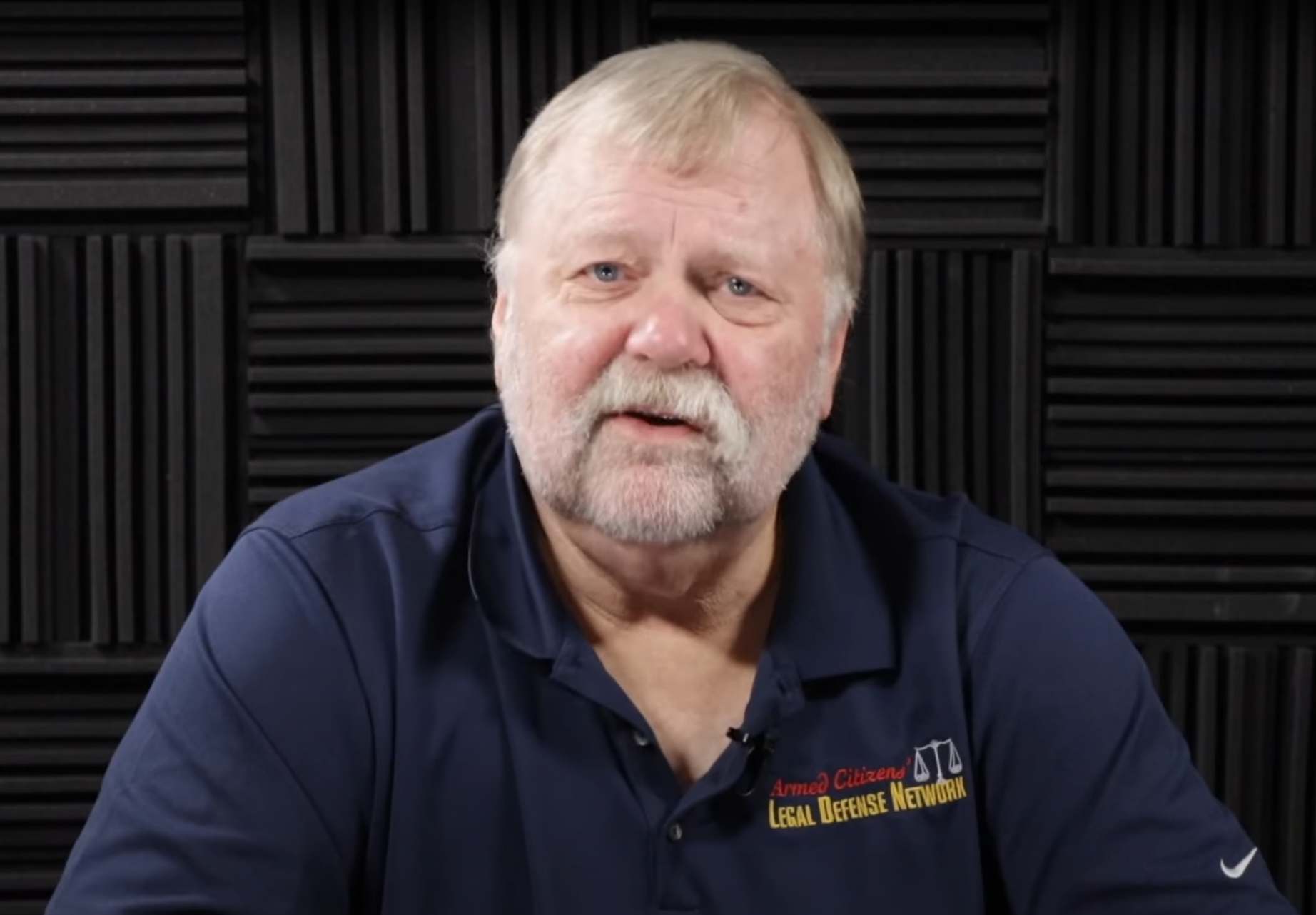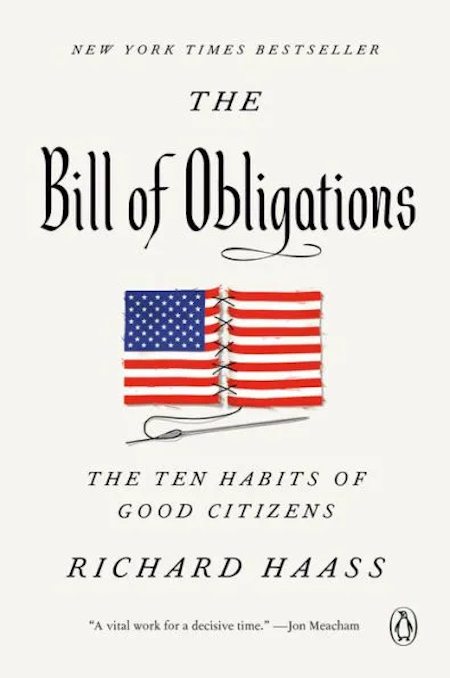Including ...Making Statements Pt 2 • President’s Message • Attorney Question • Book Review • Editor's Notebook • About this Journal
Get eJournal PDF: click here
Making Statements Pt. 2
An Interview with Marty Hayes, J.D.
Interview by Gila Hayes
This is part two of our interview with Network President Marty Hayes in which he answers member questions about making statements to police. Due to the length of our Q & A session, we broke this interview into two installments. If you missed Part One last month, please browse to https://armedcitizensnetwork.org/making-statements where we define terms, ask him about admissibility, and end with a discussion about calling 9-1-1. We move now to the arrival of law enforcement resulting from the call to 9-1-1 and continue to explore making statements. As we did last month, for those preferring video, we offer the option of the less formal video discussion at https://www.youtube.com/watch?v=LAq16Dpf__U or for those preferring the more tightly-edited version, continue reading for a more concise written format.
eJournal: If you had called 9-1-1 after self defense, how would you establish that you were the good citizen who called it in; you were the person who called and asked for help? How do you establish that? What do you say when the police arrive on the scene?
Hayes: I would have my hands in plain view, and I would say, “Officer, I’m the one who called,” and that’s all I would say. Let them take it from there. After asking your name, they would probably say something like, “Well, what happened?”
eJournal: What are you going to say?
Hayes: I’m going to explain what happened, not in great, excruciating detail but I am going to tell them why I felt the need to pull my gun. “The man was threatening me. He was threatening other people. He had a knife, he said that he had a knife; he said that he had a gun.” I would be explaining to them why I felt the need to pull my gun.
Now, I can hear in the background all the attorneys: “Oh my God, he’s saying that he would tell the police what happened!” Well, I’m going to be a good witness. I’m not going to get into excruciating detail about what I did, so I would not say, “Well, based on my training and experience I probably took 1.65 seconds to sweep my jacket back and draw my pistol and point it. My finger was off the trigger, officer, and my thumb safety was still on.” I wouldn’t say that.
President’s Message

by Marty Hayes, J.D.
I wish a happy holiday season to all our members. I am writing this a couple of days after Thanksgiving while sitting in a campground in my RV.
Last week I was at Gunsite Academy where I attended the excellent revolver training event, the Pat Rogers Memorial Revolver Roundup. The Roundup was held the weekend before Thanksgiving, so while in AZ, I can visit my 90-year-old mother for the holiday. I will go to Phoenix on Monday to meet with an attorney, then I’ll head home.
While taking a little personal time, I am still on the job. A few days ago, we had a Network member involved in a self-defense homicide, and my personal time stopped for a couple hours until we got it sorted out. Here is how that went.
On Tuesday afternoon, I received a call from the Network home office on our Boots on the Ground emergency response phone, telling me we had a member involved shooting.
Attorney Question of the Month

After the 2020 death of Ahmaud Arbery, state laws allowing citizen’s arrest were reconsidered. This leads members to question what to do if they stop a crime. For this edition of our Attorney Question of the Month column, we asked our Network Affiliated Attorneys the following question:
In your state, may an armed citizen arrest a violent attacker at gunpoint and detain him or her until law enforcement arrives? Is this allowed for crimes that are not violent?
If the crime occurred inside one’s home, are allowances to use deadly force to effect a citizen’s arrest broader than out in public?
What do armed citizens in your state need to know about citizen’s arrest?
Book Review
The Bill of Obligations:
The Ten Habits of Good Citizens
By Richard Haass
Penguin Random House
ISBN 9780525560678
$18 paperback; $13.99 eBook
Reviewed by Gila Hayes
Will the many rights Americans cherish vanish in coming years as warring political factions put their wishes above what’s best for the country? Claims to individual rights range from self defense or free speech to the idea that people have a right to be given a minimum income. How did people come to focus on rights to the exclusion of performing duties to the system assuring the rights? Some of the answers are in The Bill of Obligations by Richard Haass, which a long-time member recommended.
Editor’s Notebook
by Gila Hayes
First, a big thank you to a member from Wyoming who after reading the November journal video wrote, “This proud ACLDN member wants to thank you for your recent Making Statements interview with Marty. So much excellent information there and conveyed in a concise, yet easy-to-understand manner. I especially appreciate yours and Marty’s use of examples to make and/or clarify important points. It makes the information very relateable to the ordinary armed citizen who doesn’t possess a law degree.
“This relevant subject deserves the time that you two are giving it because of all the misinformation floating around out there. In a word, it is simply ‘necessary.’ Thank you for recognizing that, and for including the link to the recent video on the same topic.”
About this Journal

The eJournal of the Armed Citizens’ Legal Defense Network, Inc. is published monthly on the Network’s website at http://armedcitizensnetwork.org/our-journal. Content is copyrighted by the Armed Citizens’ Legal Defense Network, Inc.
Do not mistake information presented in this online publication for legal advice; it is not. The Network strives to assure that information published in this journal is both accurate and useful. Reader, it is your responsibility to consult your own attorney to receive professional assurance that this information and your interpretation or understanding of it is accurate, complete and appropriate with respect to your particular situation.

